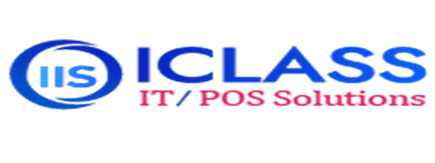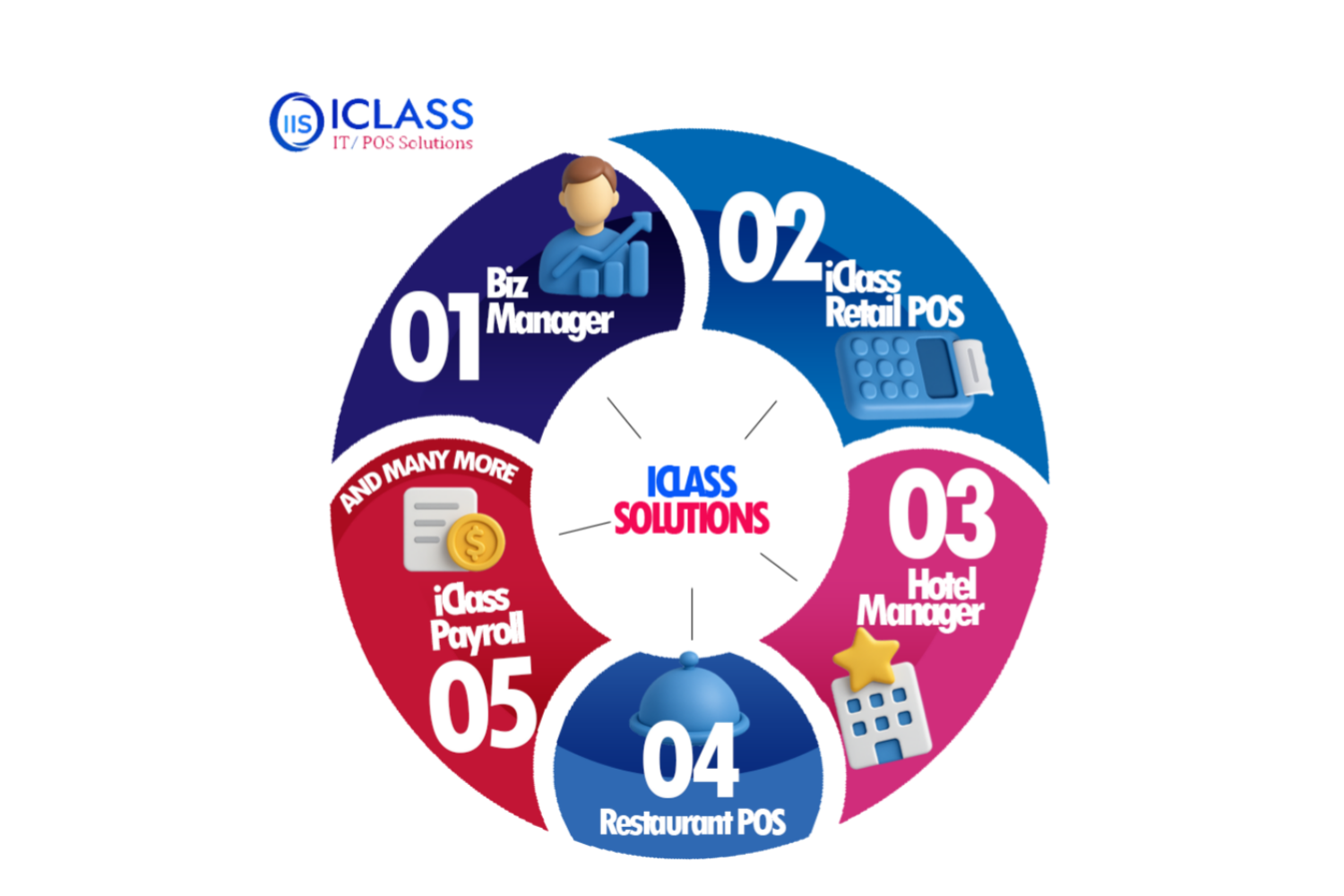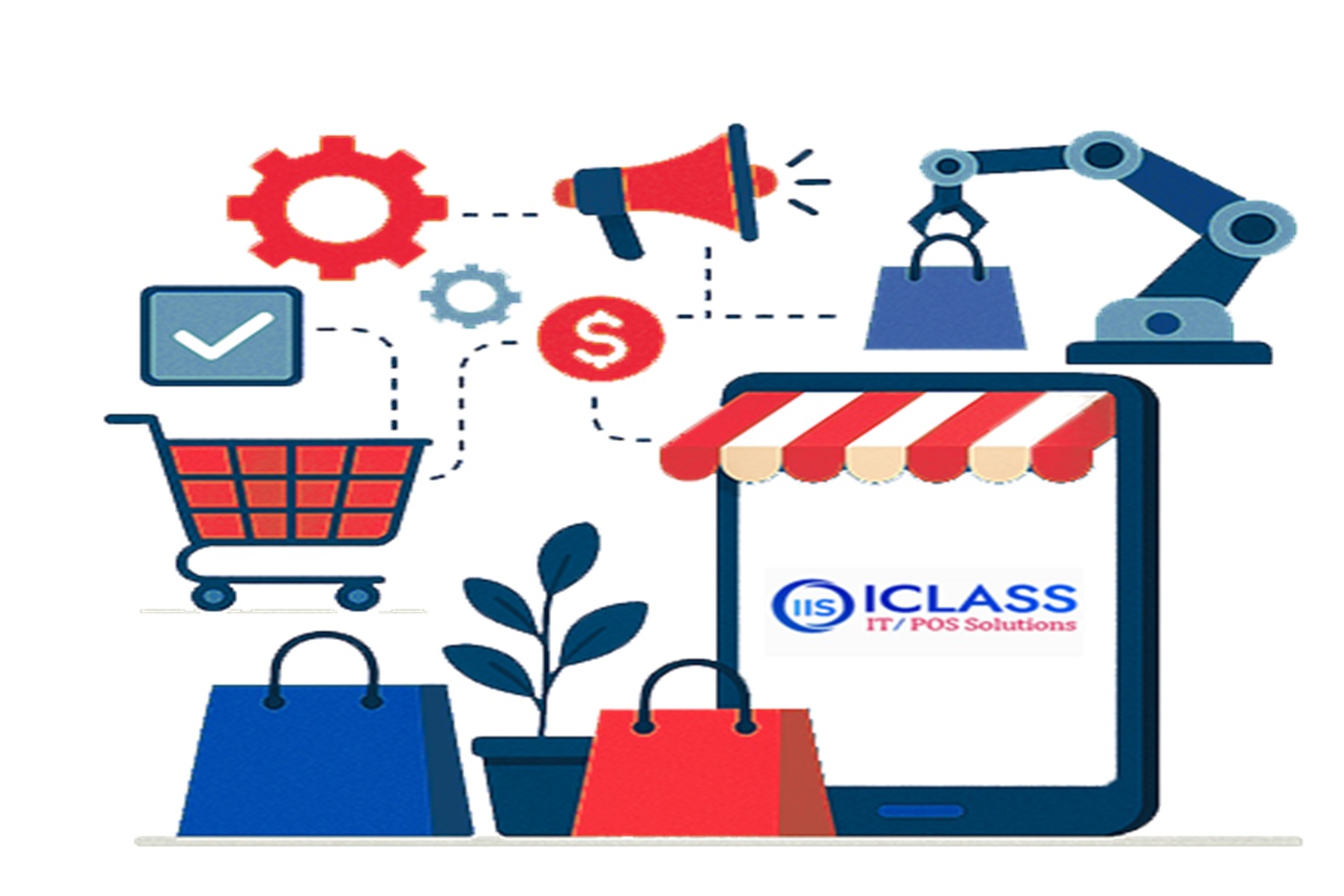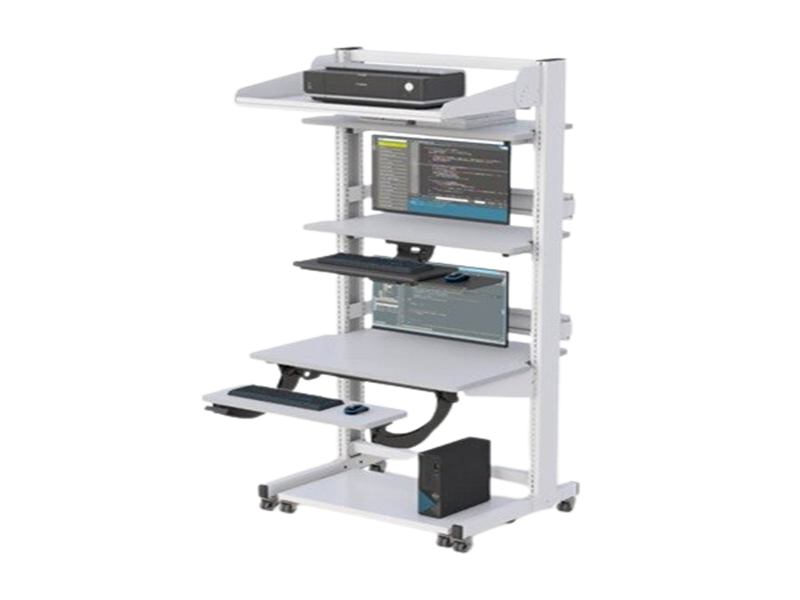Client & problem
Manual processes of pharmaceutical organizations reduce efficiency, increase errors, delay production, and hinder pharmaceutical company growth.
Lack of Automation in a Pharmaceutical Company:
When a pharmaceutical company lacks automation, it means many of its processes—such as manufacturing, quality control, data entry, inventory management, and reporting—are performed manually or with minimal technological support. This limitation can significantly negatively impact the company’s efficiency, quality, and competitiveness.
Key Issues and Consequences:
1. Low Efficiency and Productivity
Manual processes are time-consuming and labor-intensive, which slows down production cycles, delays time-to-market, and increases operating costs.
2. Higher Risk of Human Error
Manual data entry, documentation, or measurement in labs and production can lead to mistakes in drug formulation, labeling, compliance documentation, or testing, which are critical in pharma.
3. Inconsistent Quality
Automation ensures precision and consistency. Without it, batch-to-batch variations may increase, risking product recalls or regulatory issues.
4. Regulatory Compliance Challenges
Pharmaceutical companies must meet strict regulatory requirements (e.g., FDA, GMP). Manual record-keeping may result in incomplete, inaccurate, or delayed reporting, leading to compliance failures or penalties.
5. Limited Data Visibility and Traceability
Without automation, tracking raw materials, batch records, lab results, or supply chain events becomes complex and unreliable, making root cause analysis and audits harder.
6. Higher Operational Costs
More manpower is needed for manual tasks, leading to increased labor costs. Errors and inefficiencies can also result in rework, wastage, or lost products.
7. Slower Innovation and Adaptation
Companies that rely on outdated systems find it harder to implement new technologies, adapt to market changes, or scale operations quickly.
Examples of Areas Affected by Lack of Automation:
Manufacturing: Manual mixing, weighing, or packaging slows production and increases contamination risks.
Quality Assurance: Manual testing and logging slow release cycles and increase audit failure chances.
Inventory Management: Inaccurate stock levels lead to overstocking or stockouts, affecting supply chain reliability.
R&D: Slower data analysis reduces the speed of discovering and developing new drugs.
A pharmaceutical company that lacks automation struggles with efficiency, quality control, compliance, and competitiveness. To remain effective and aligned with industry standards, such companies need to adopt automated systems in manufacturing, testing, data management, and regulatory reporting.




Solution
Our pharmaceutical automation solutions enhance efficiency, ensure consistent quality, and reduce errors. We optimize manufacturing, packaging, and inventory management, ensuring regulatory compliance. With faster production and data analysis, our solutions lower costs and boost productivity, driving growth and competitiveness.
Our pharmaceutical automation solutions streamline production, improve efficiency, and ensure consistent product quality. With advanced systems for manufacturing, packaging, and labeling, we reduce human error, minimize production delays, and accelerate time-to-market.
Our automation software ensures full regulatory compliance by maintaining accurate, real-time records for auditing and reporting, meeting the highest industry standards. By optimizing inventory management and supply chain processes, we prevent stockouts and reduce excess inventory costs.
The solutions also enhance data analysis in research and development, speeding up the discovery of new drugs. With our pharmaceutical automation, companies experience increased productivity, reduced operational costs, and a stronger competitive edge. Embrace the future of pharmaceutical manufacturing and unlock new growth potential with our cutting-edge automation technology.









